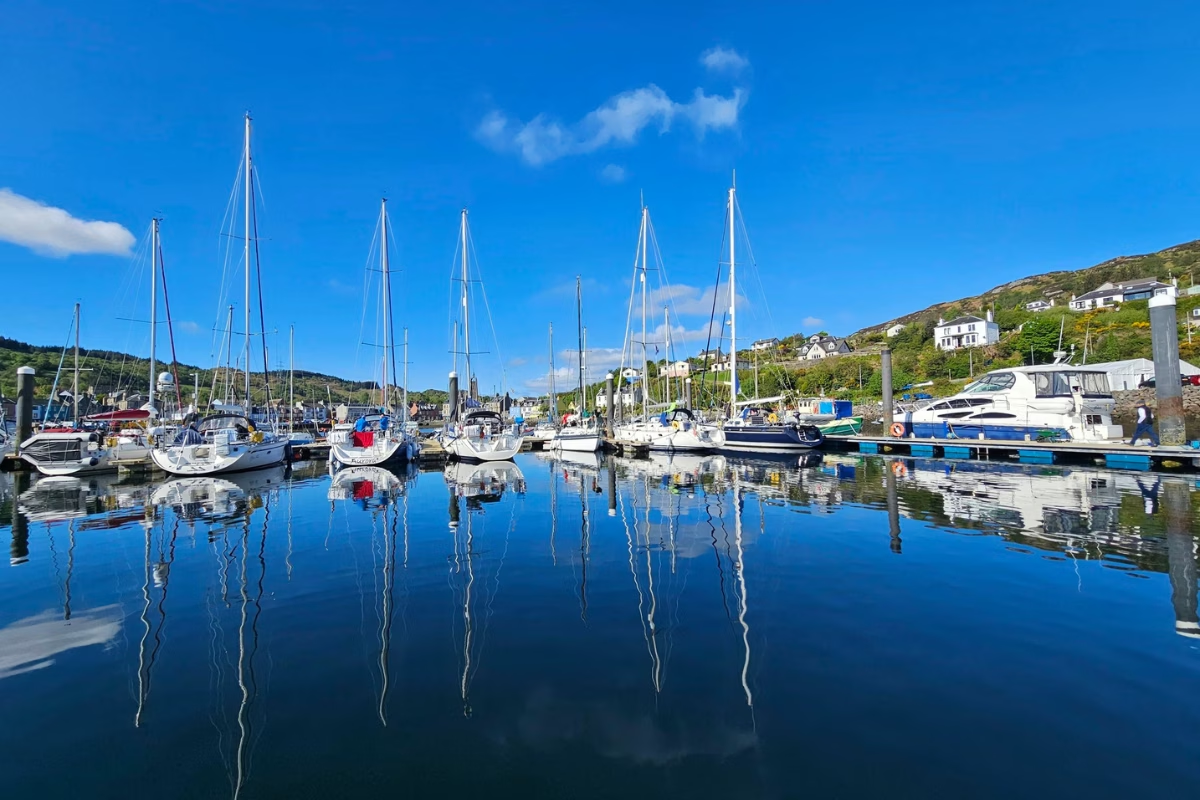Innova Marina released an updated version of its Introduction to Sustainability in Marinas platform on 13 June 2025. The revision provides expanded and updated content aimed at assisting marinas in addressing environmental and social challenges.

Now in its third edition since first being published in 2022, the resource is available in English and Spanish. The platform features contributions from professionals, including engineers, conservation organisations, academics, software professionals and certification bodies. Contributors to the latest edition include Dan Natchez, Dr Kate Larkin, Kellie Covington and Krešimir Žic.
The updated platform offers insights into resource circularity, covering strategies for managing composites, waste, energy and water. The resource also discusses life cycle assessment as a method for measuring environmental impacts across a marina’s infrastructure and service lifecycle.
The section on designing with nature explores approaches to including ecological features in waterfront developments and highlights both environmental and operational benefits. Further updates address carbon-footprinting and offer guidance to help marinas manage their greenhouse gas emissions.
The updated platform also includes a focus on resilience, covering eco-engineering solutions alongside strategies for risk preparedness and building a values-driven workplace culture.
Social aspects such as gender equality and community engagement are also addressed. The document examines leadership demographics within the sector and outlines how collaboration and digital tools can support marina operations and strengthen connections with surrounding communities.
A new section explores how marinas can support ocean observation efforts, including data collection for coastal health, sea level and environmental monitoring.
Philip Easthill, Secretary General of European Boating Industry, noted: “I am delighted to have contributed to the ‘Introduction to Sustainability in Marinas’. While the need for sustainability is widely acknowledged, its implementation is not always straightforward. Therefore, pragmatic and practical steps are essential to support businesses.”




%20(1).avif)



